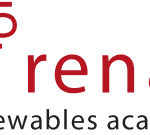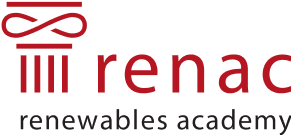Climate Protection through Sustainable Bioenergy Markets in Vietnam (BEM)
- Bioenergy, Economics & finance
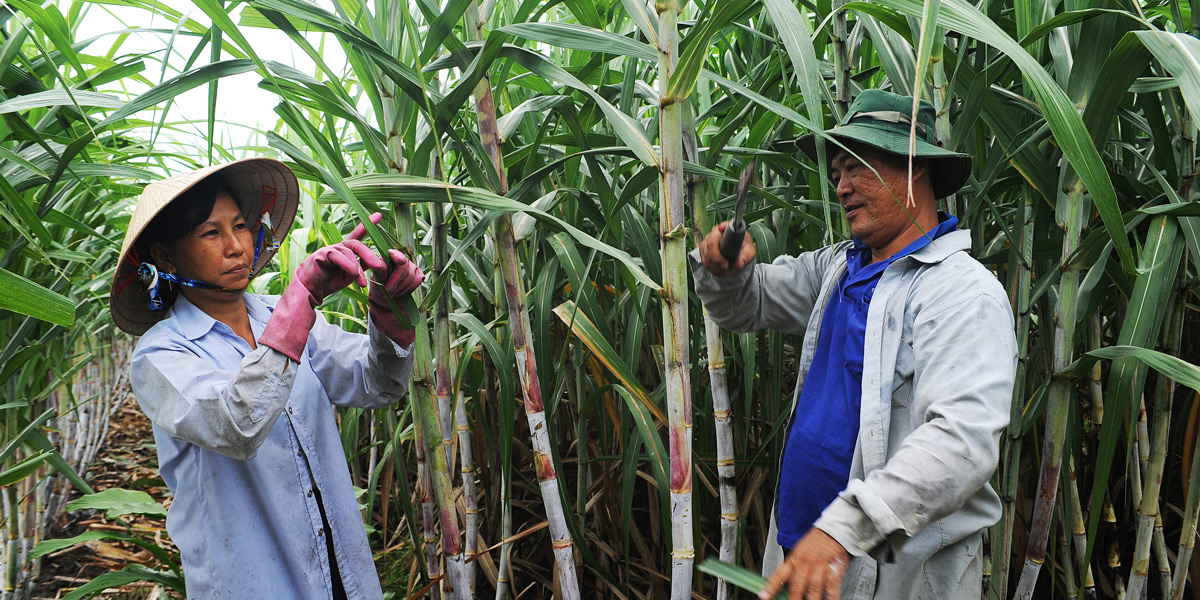
GIZ, EREA, German Federal Ministry for the Environment, Nature Conservation and Nuclear Safety (BMU)
Business matchmaking, Customer-specific programmes, Development of curricula and training material, Short-term experts, Study & delegation tours
Vietnam
2020 - 2022
Background
Vietnam is facing a huge increase in energy demand. In addition to the challenge of ensuring a reliable and secure power supply, the share of renewable energies (RE) is supposed to contribute 6.5% to the national power system in 2020 and 10.7% in 2030, according to government plans. CO2 emissions are targeted to be reduced by 8% (alone) – 25% (with ODA) through increased use of RE in power and heat generation, among other measures.
Vietnam has great potential for bioenergy. The country’s abundant biomass resources, such as bagasse, rice husks, wood residues, and other agricultural/industrial byproducts, are predestined to serve as important vectors on the country’s path to a carbon-neutral future. To date, only a comparatively small portion of Vietnam’s estimated nearly 60 million tons of biomass residues are used for energy. There is, however, still a lack of capacity to increase the use of biomass energy for electricity or cogeneration.
Our partners

Interested in RENAC trainings?
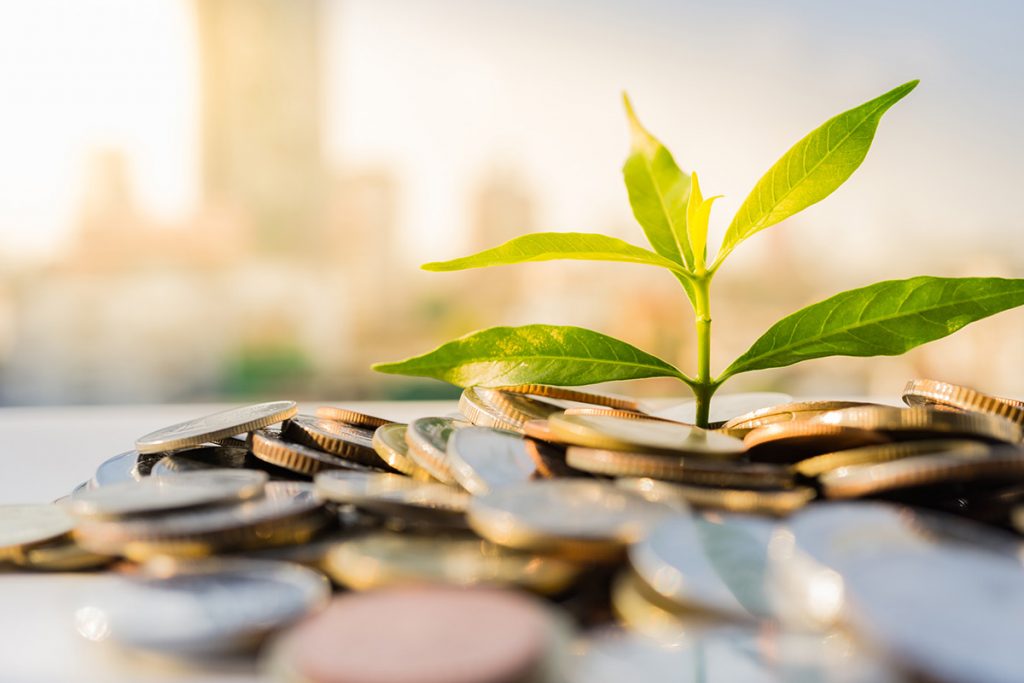
Type of training:
Next Date:
Duration:
Fee:
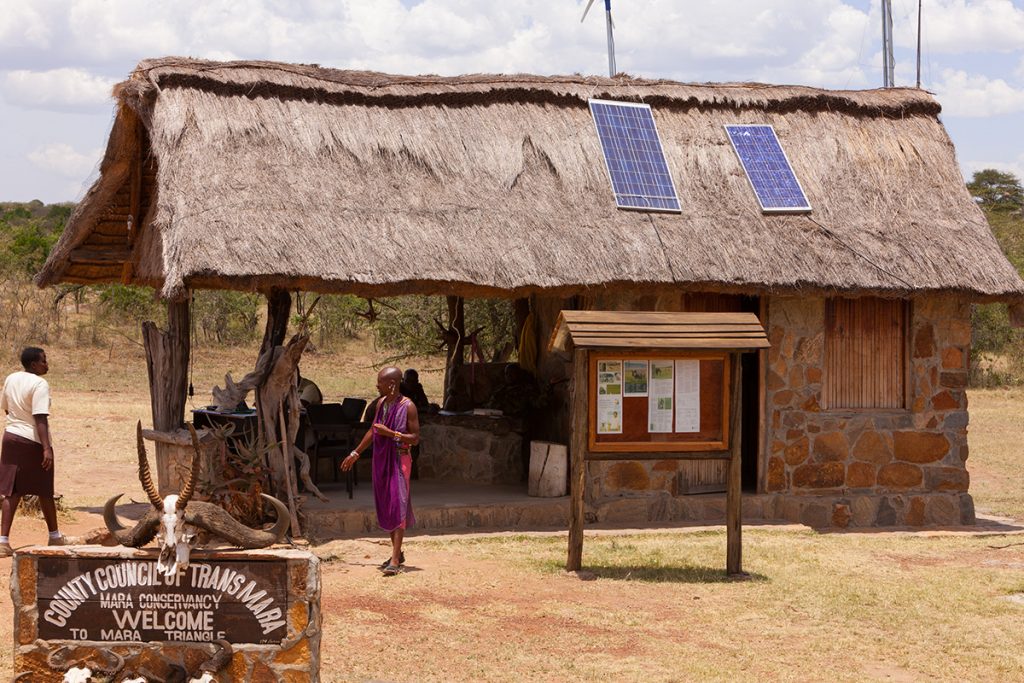
Type of training:
Next Date:
Duration:
Fee:
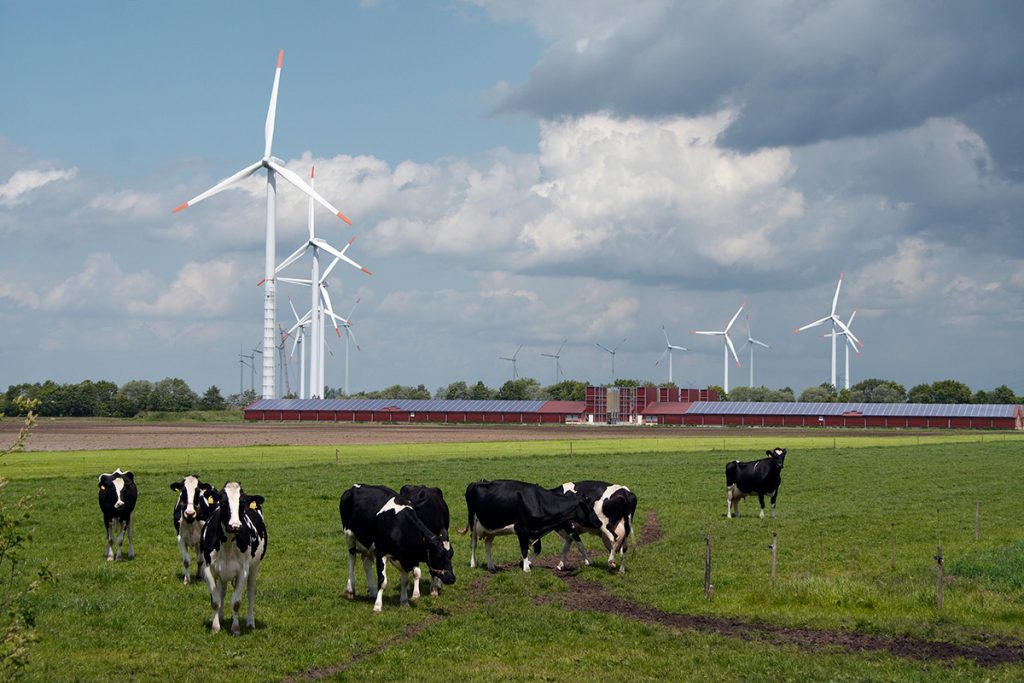
Type of training:
Next Date:
Duration:
Fee:

Type of training:
Next Date:
Duration:
Fee:

Type of training:
Next Date:
Duration:
Fee:
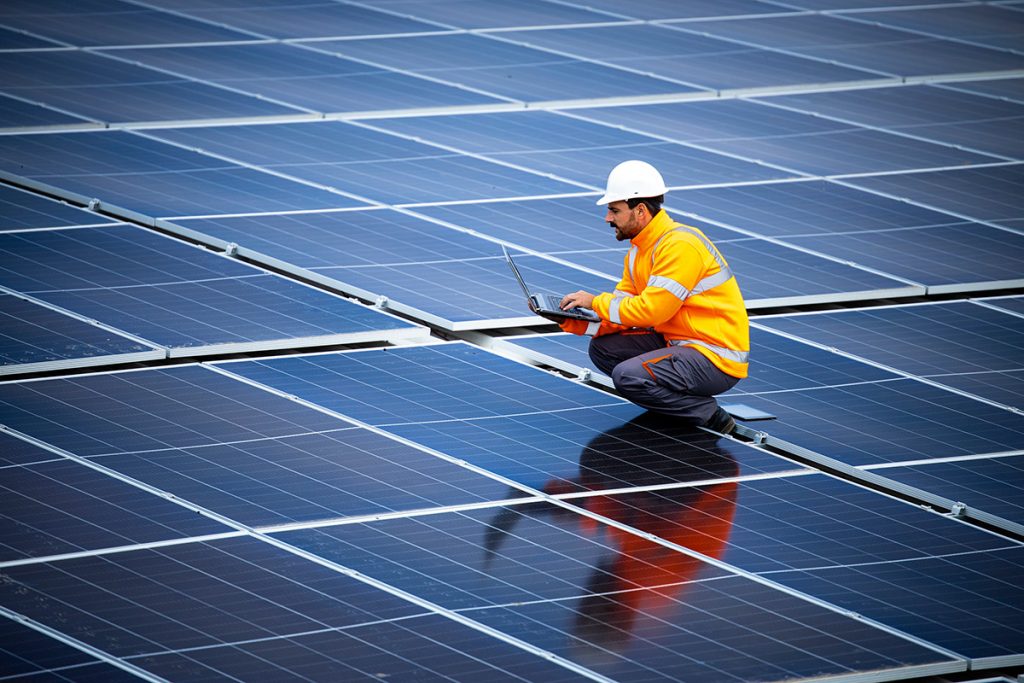
Type of training:
Next Date:
Duration:
Fee:

Type of training:
Next Date:
Duration:
Fee:
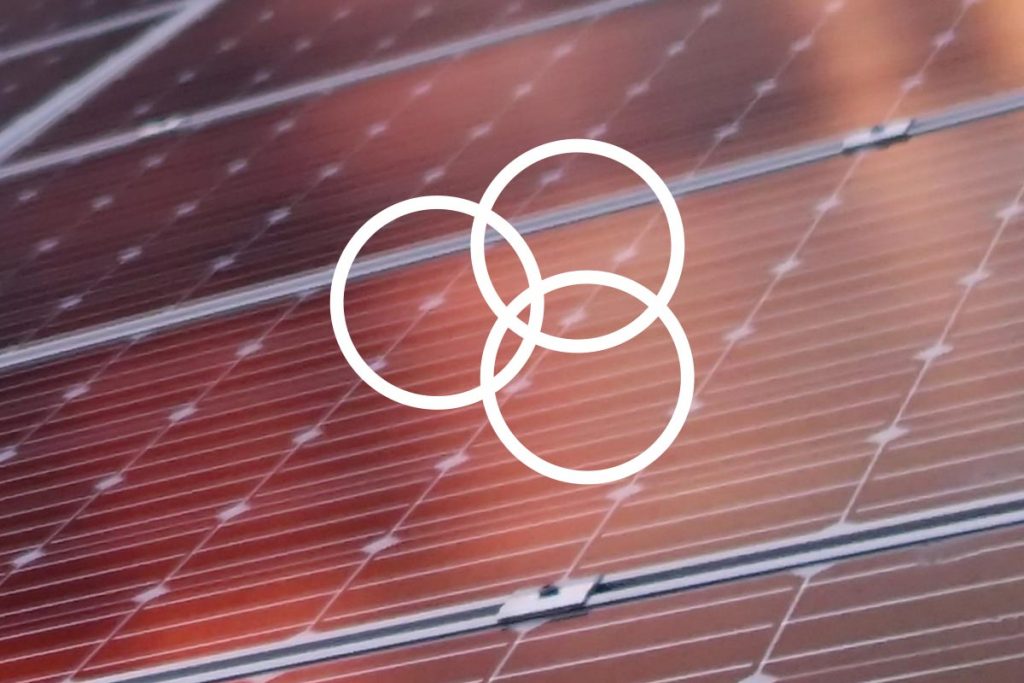
Type of training:
Next Date:
Duration:
Fee:

Type of training:
Next Date:
Duration:
Fee:
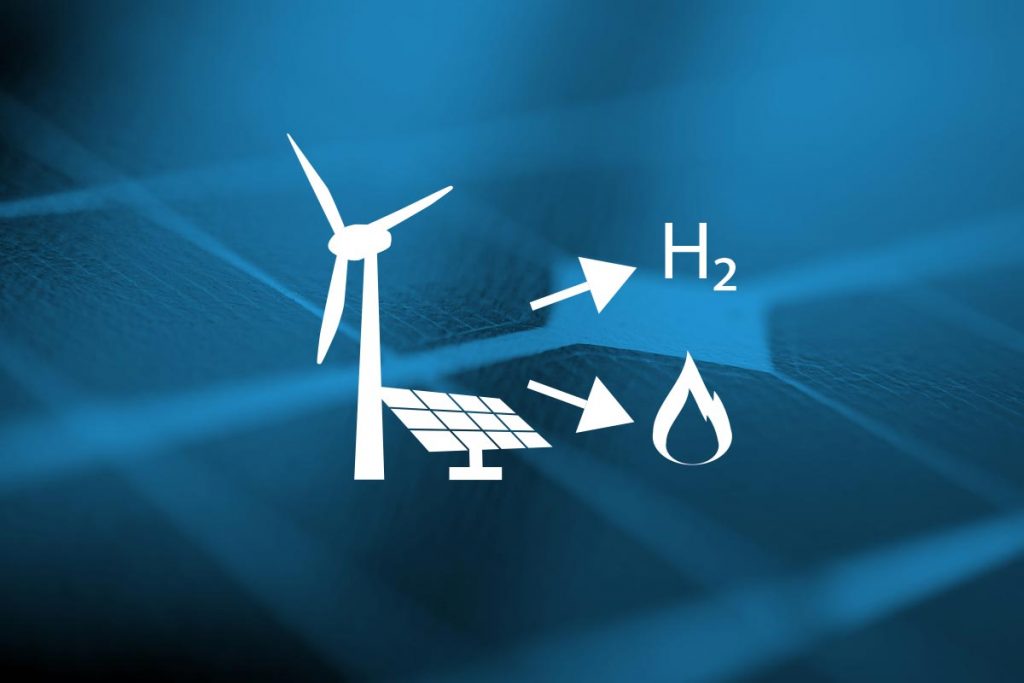
Type of training:
Next Date:
Duration:
Fee:

Type of training:
Next Date:
Fee:

Type of training:
Next Date:
Duration:
Fee:
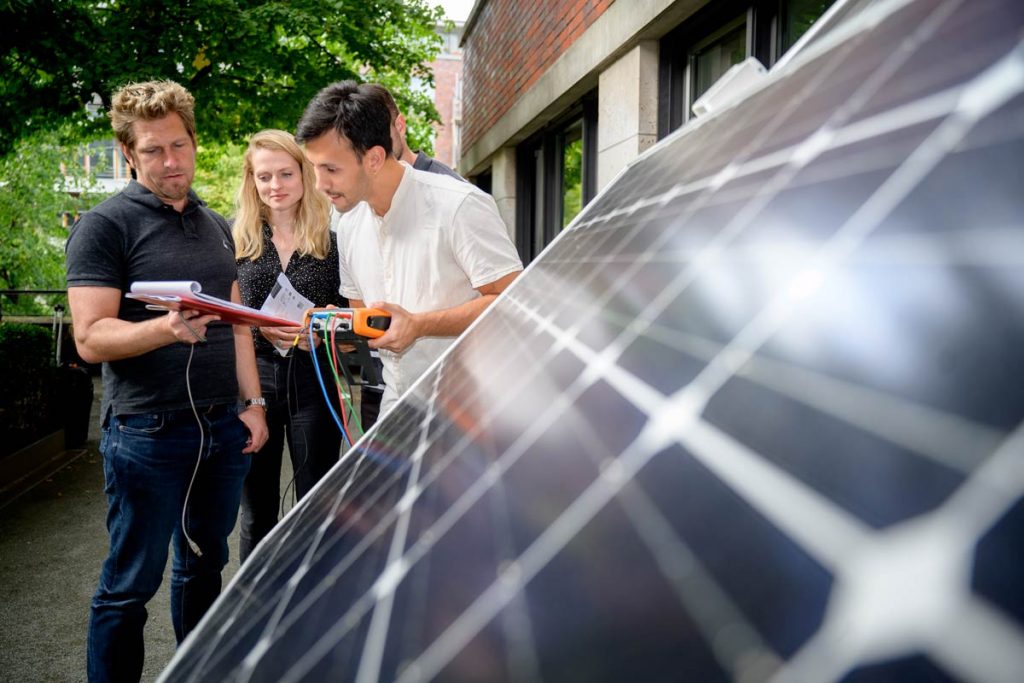
Type of training:
Next Date:
Duration:
Fee:
